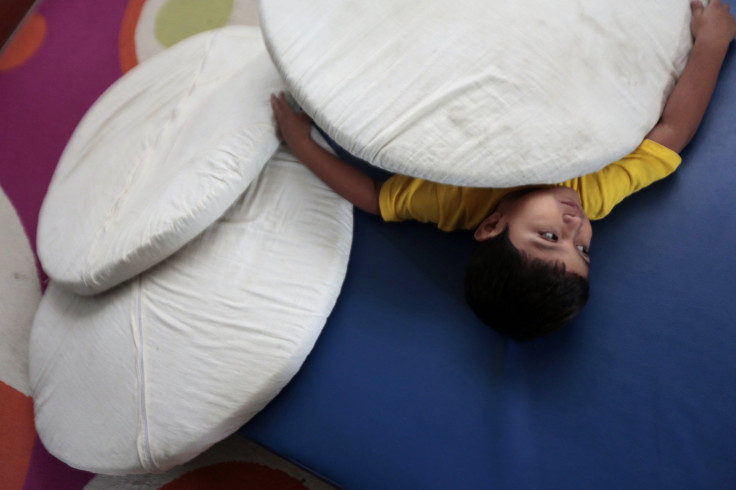Autism Not Associated With C-Section Delivery: Study

Cesarean section delivery does not cause autism spectrum disorder (ASD), researchers wrote in a study published Wednesday. The findings of the study, published in the Journal of the American Medical Association Psychiatry, rebutted their 2014 research that stated C-section was associated with autism.
"The overall risk of ASD (via C-section) is very small, and this most recent work suggests that most, if not all, the risk is not to do with the cesarean section at all, which is reassuring for parents," Louise Kenny, consultant obstetrician and gynecologist at Cork University Maternity Hospital, who was involved in both the researches, told Medscape Medical News.
Researchers at Irish Center for Fetal and Neonatal Translational Research, Cork, Ireland, examined possible links between modes of delivery, mainly C-sections, and autism. They gathered Swedish registry data for live births between 1982 and 2010. The study group included about 2.7 million children. Of these, 80.1 percent were born by unassisted vaginal delivery, 6.1 percent through elective C-section, 6.5 percent via emergency C-section and 7.3 percent by assisted vaginal delivery. Researchers found that children born through elective C-section were about 20 percent more likely to have autism.
However, the researchers further examined modes of delivery among 13,411 sibling pairs, in which one child had autism. They found no link between C-section and autism.
"Although the traditional cohort analysis revealed birth by C-section to be associated with ASD, it is not necessarily a cause because the association could be due to residual confounding. ... Therefore, because the association between birth by C-section and ASD did not persist in the sibling control analysis, we can conclude that there is no causal association," the researchers wrote in the study.
They added that birth by C-section is more likely due to an unknown genetic or environmental factor, which increased the risk of both autism and C-section.
According to the latest statistics by the Centers for Disease Control and Prevention, about 1 in 68 children in the U.S. have ASD. The disorder is nearly five times more common among boys (1 in 42) than girls (1 in 189). It can occur in any individual irrespective of race, ethnicity or socioeconomic condition.
© Copyright IBTimes 2024. All rights reserved.






















